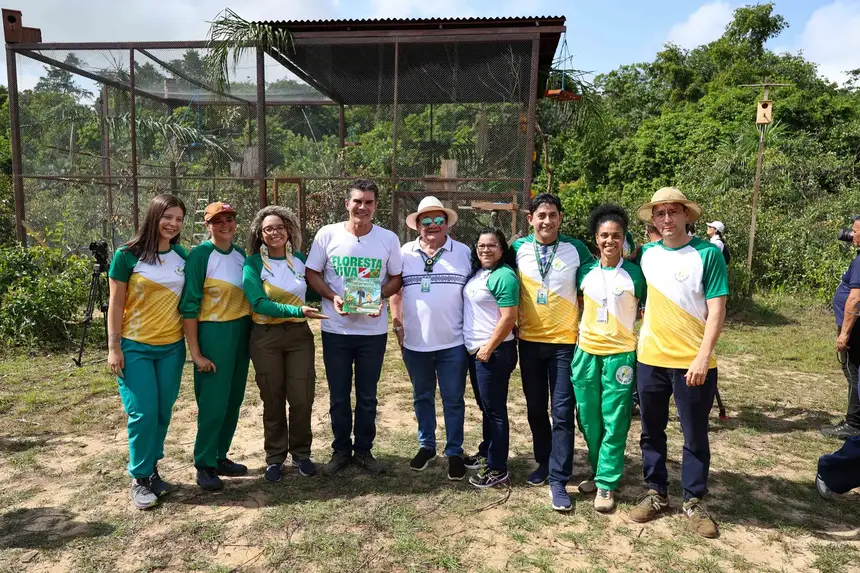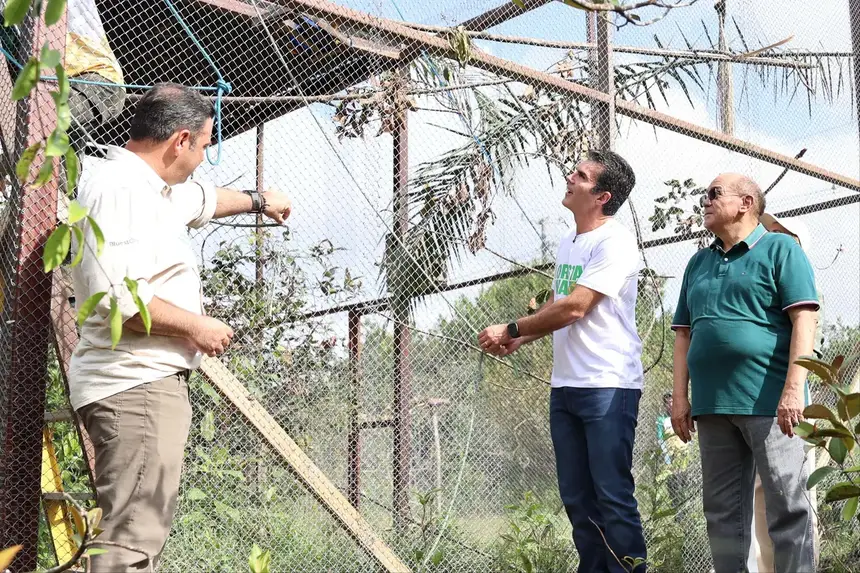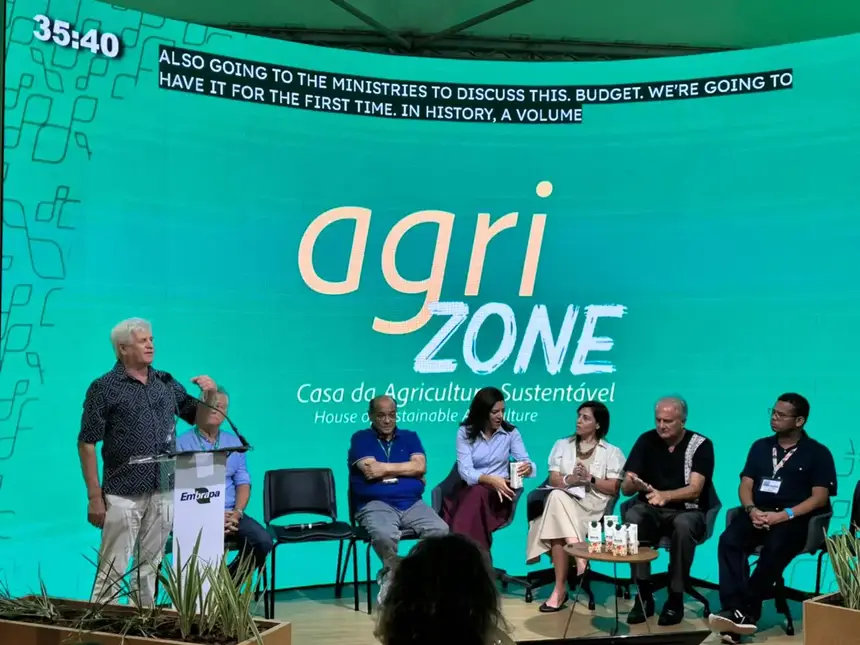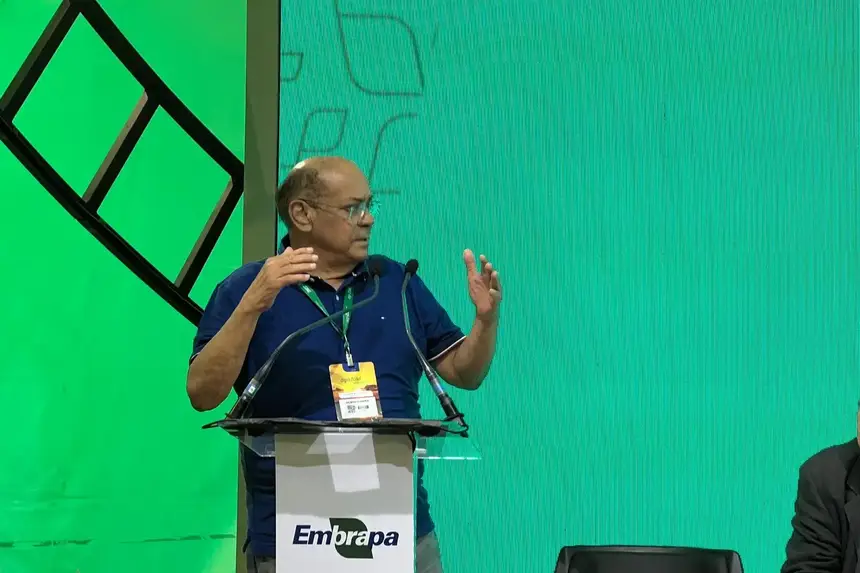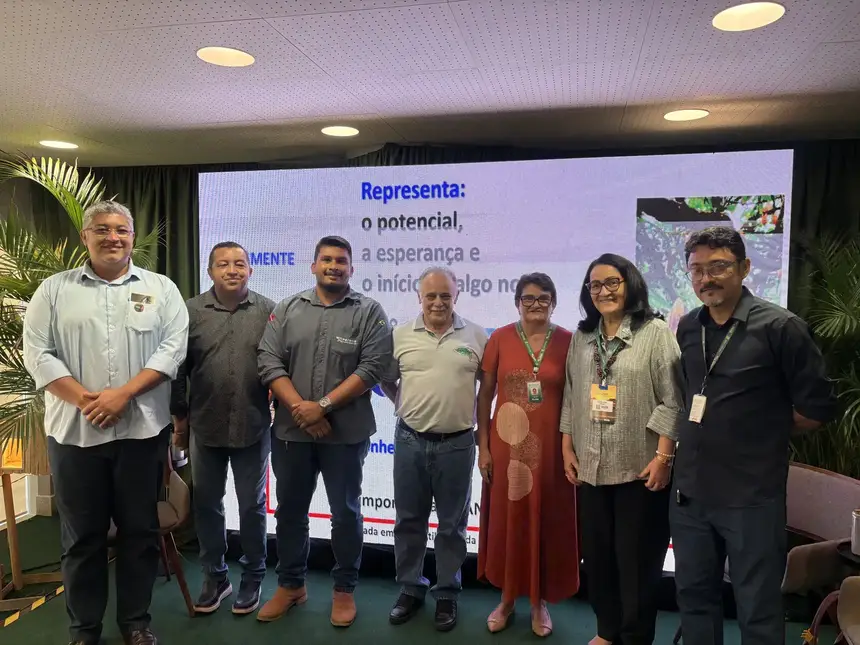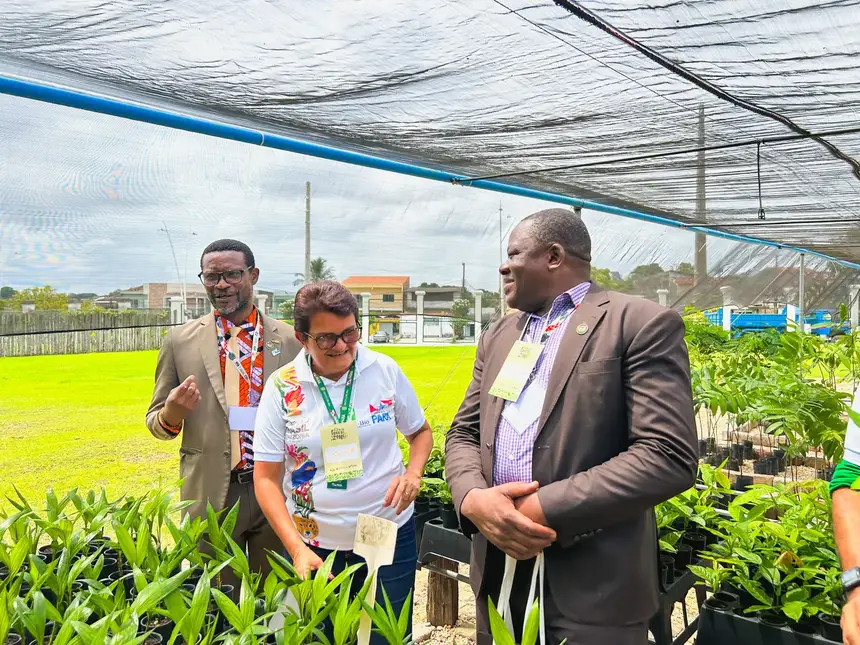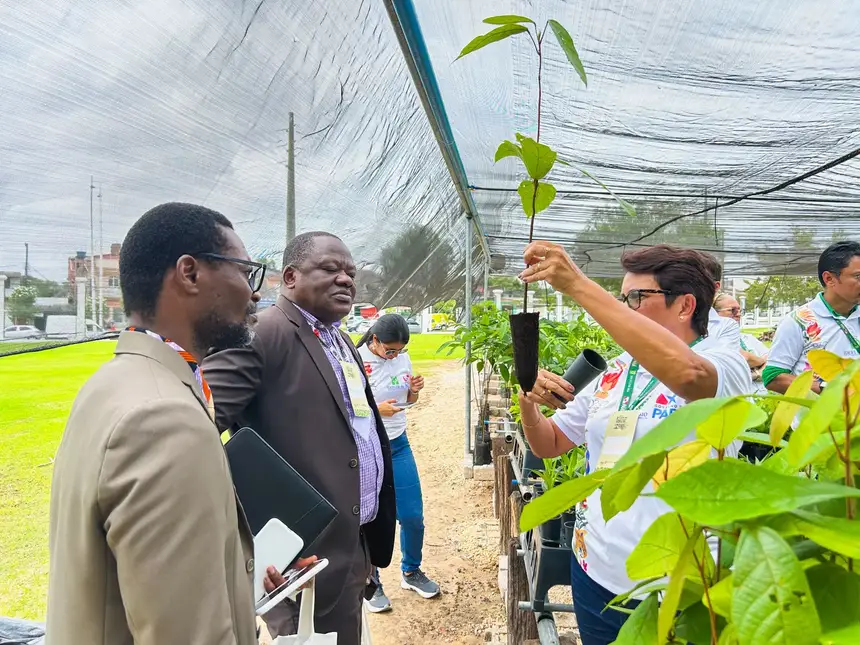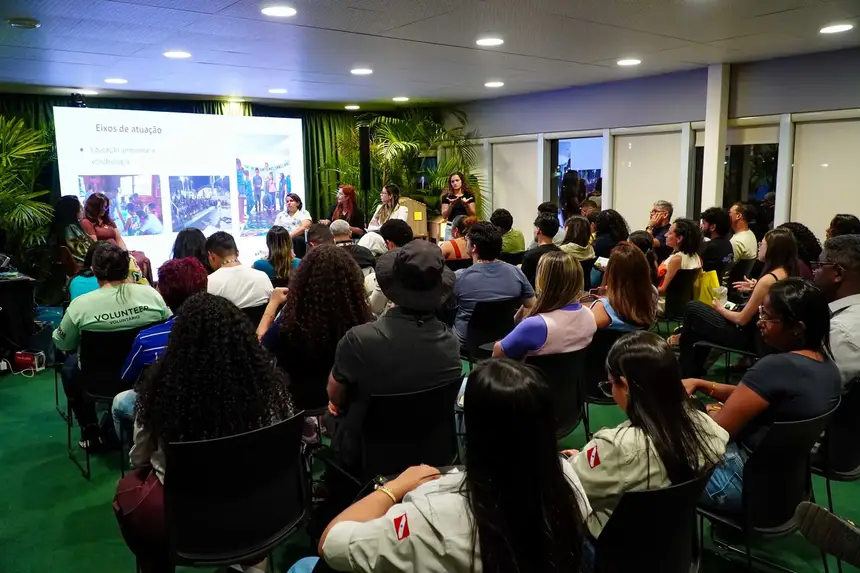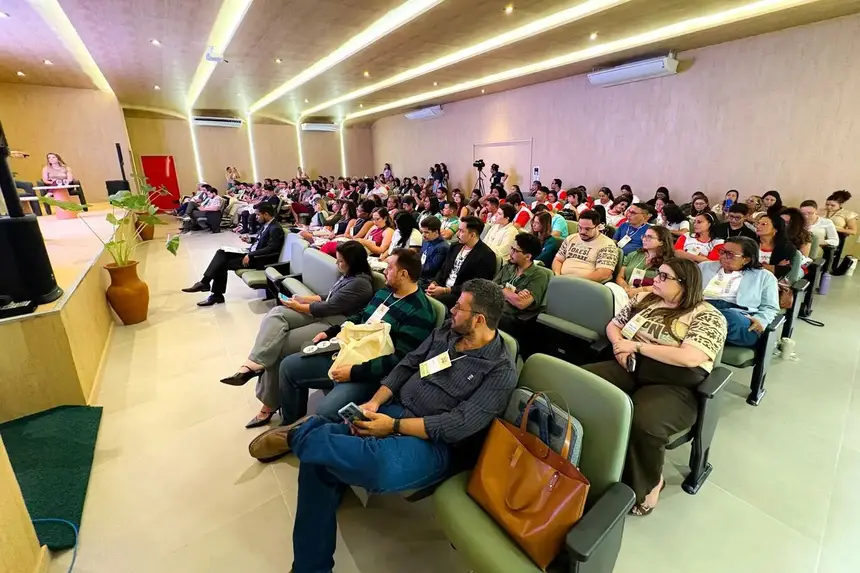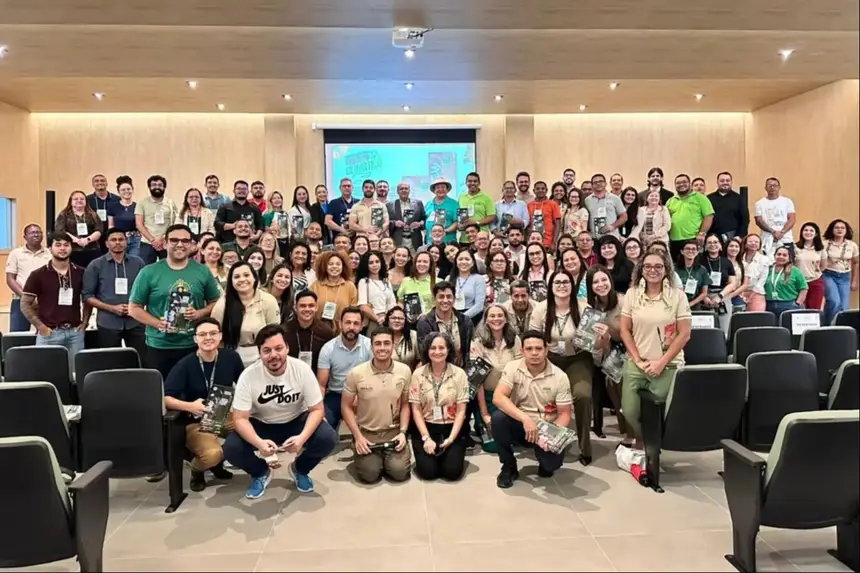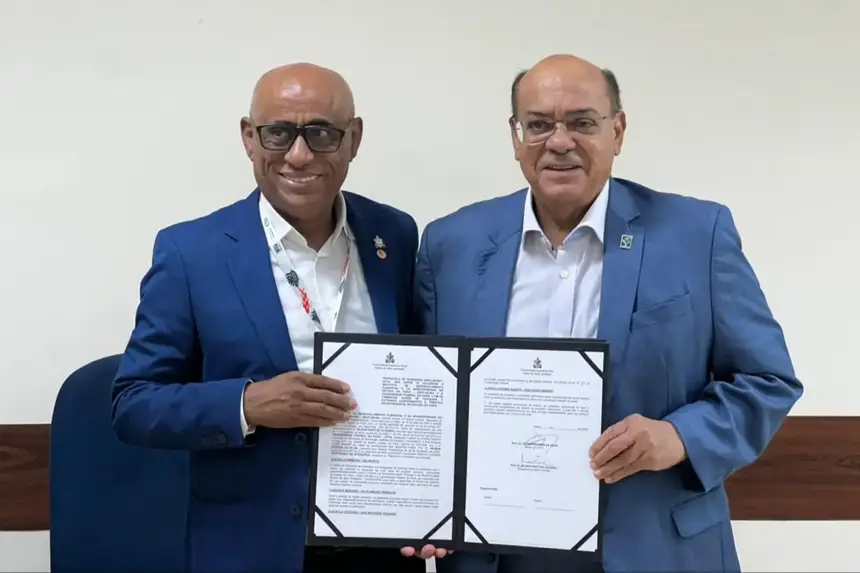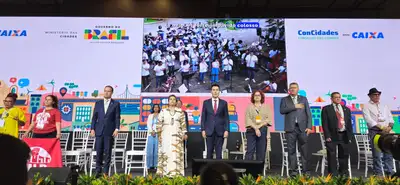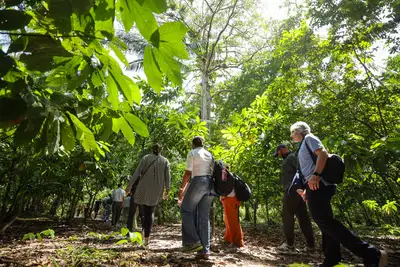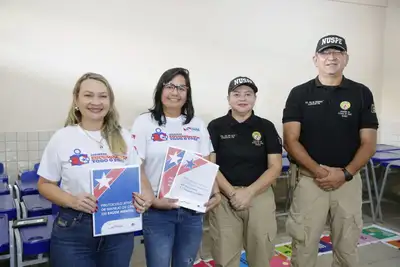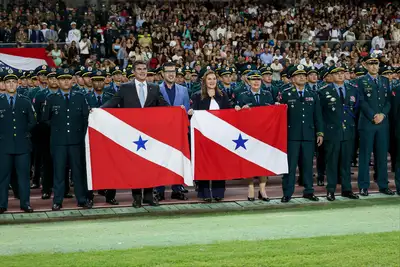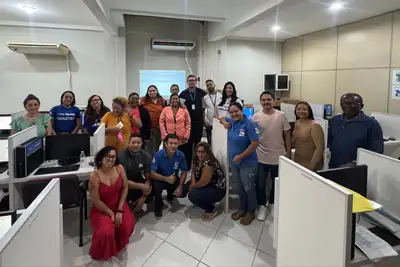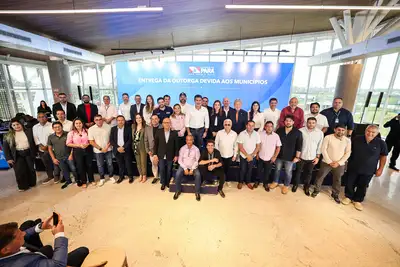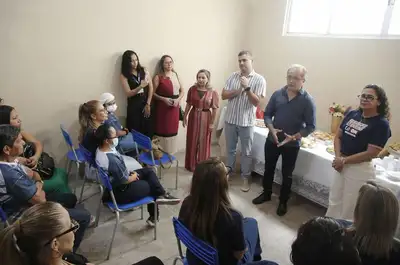Ideflor-Bio stands out at COP30 with the highest number of presentations and an expanded agenda of environmental debates
All technical directorates of the Institute were directly involved, reinforcing the position of the Government of Pará in leading environmental public policies and strengthening Amazonian sociobiodiversity
The Institute of Forest Development and Biodiversity of Pará (Ideflor-Bio) played a significant role at COP30, held in Belém. In addition to integrating official and parallel programs to the event, the agency was the one that presented the most work at the Pará Pavilion, in the Green Zone, totaling more than 20 technical, scientific, and institutional activities. All technical directorates of the Institute were directly involved, reinforcing the position of the Government of Pará in leading environmental public policies and strengthening Amazonian sociobiodiversity.
The presence of Ideflor-Bio began in the first week of November, with its own agendas in the institution's auditorium. On the 6th and 7th, the Seminar "Pará Municipalities in Climate Balance" brought together environmental secretaries, public managers, technicians, and leaders from 48 municipalities. Shortly after, between November 11 and 13, the Forest Zone promoted debates on innovative solutions for the Amazon, involving researchers, representatives of civil society, and specialists from different areas.
Another highly relevant program took place on November 17, with the I Symposium on Forest and Climate, held in partnership with the Federal Rural University of the Amazon (Ufra) and the Luiz de Queiroz College of Agriculture (Esalq/USP). The activity brought together scientists and authorities to discuss advances in forest and climate research, aligned with the global challenges addressed at COP30. During the same period, Ideflor-Bio and the Federal University of Pará (UFPA) formalized an agreement to expand socio-environmental studies and develop the Ecological-Economic Macro-Zoning of Marajó, in a ceremony attended by the United Nations Under-Secretary-General, Jorge Moreira da Silva.
Pará Pavilion - In the Green Zone, the programming led by the Institute was extensive and diverse, addressing topics such as ecological trails, forest concessions, productive inclusion, sociobiodiversity, community management, and wildlife conservation. Highlights included panels on forest coworking in the State Forest (Flota) of Paru, seed and seedling networks, family farming, management strategies in conservation units, and pioneering initiatives such as the reintroduction of blue macaws in the Utinga State Park. On the 17th, there was also the launch of publications about the State Park of the Giant Trees of the Amazon.
Other programs reinforced the institutional reach of Ideflor-Bio, such as debates on environmental education, biocultural restoration, community forest management, environmental regulation through Environmental Protection Quotas (CPA), and the strengthening of productive backyards in Soure. The Institute also integrated actions aimed at forest governance, community protagonism, sociobiodiversity, and ecological restoration in different rooms of the Pará Pavilion.
Partners - In parallel, Ideflor-Bio hosted relevant events in its auditorium, such as Forests & Future, organized by The Nature Conservancy (TNC), and the Amazonian Meeting of Bioeconomy Facilitators, in partnership with Ufra and the Tropical Forest Institute (IFT). In the Utinga State Park, the agency conducted the symbolic act of releasing 30 blue macaws, marking the State's commitment to the conservation of emblematic species during COP. The Institute also participated in agendas at the Brazil Pavilion and at the Ministry of Tourism booth, where the launch of the Atlantic Amazon Trail, the largest ever signposted in all of Latin America, took place.
For the president of Ideflor-Bio, Nilson Pinto, the protagonism achieved is a direct result of the integrated and technical action of the Institute. "COP30 showed the world that Pará has science, management, and commitment to the living forest. Ideflor-Bio brought reflections, results, and public policies that arise from the territory and are built collectively. Our mission is to continue advancing, with all our technicians and partners, in the protection of biodiversity and in promoting development that respects the Amazon," he emphasized.
With one of the largest and most comprehensive institutional participations in all of COP30, Ideflor-Bio consolidated its role as a reference in conservation, applied research, and environmental management. "The breadth of topics, inter-institutional articulation, and engagement of the directorates reaffirmed the Institute's commitment to strengthening state policies aimed at climate, forests, and the sustainable future of Pará," added Nilson Pinto.



